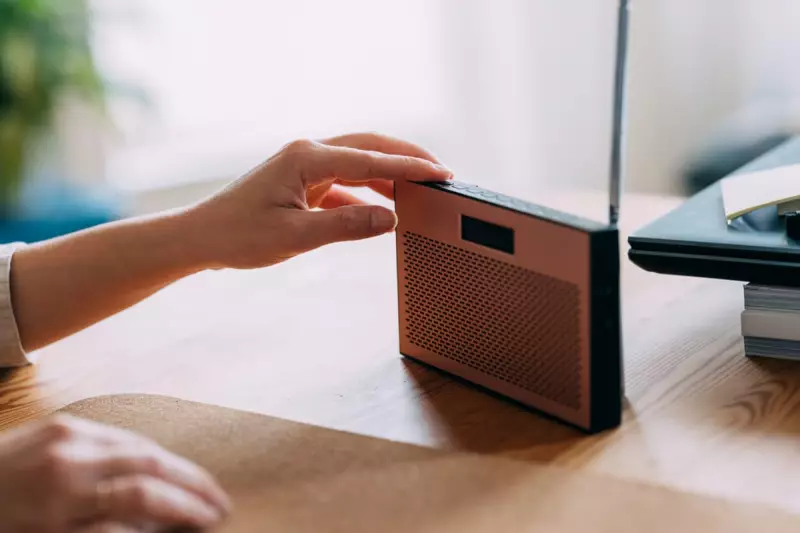
Struggling with sleepless nights? The solution might be as simple as pressing play. Groundbreaking research is revealing how the strategic use of music is helping thousands of Brits escape the grip of insomnia and reclaim their nights.
The Science Behind the Soundtrack
Sleep specialists are discovering that carefully curated music playlists can significantly improve sleep quality by working with our brain's natural rhythms. Unlike sleeping pills or other medical interventions, music offers a drug-free approach to achieving restorative rest.
"The right kind of music acts as a neurological sedative," explains Dr. Rebecca Shaw, a sleep researcher at the University of Oxford. "It slows our heart rate, reduces blood pressure, and lowers stress hormones - creating the perfect physiological conditions for sleep to occur naturally."
What Makes the Perfect Sleep Playlist?
Not all music is created equal when it comes to sleep enhancement. Researchers have identified specific characteristics that make certain tracks more effective:
- Slow tempo: Songs with 60-80 beats per minute mirror our resting heart rate
- Predictable patterns: Repetitive melodies and harmonies calm the nervous system
- Minimal vocals: Instrumental tracks or those with soft, unintrusive singing work best
- Gradual changes: Music that evolves slowly without sudden shifts or surprises
Real Results for Real People
Across the UK, people are reporting remarkable transformations in their sleep patterns. Mark Thompson, a 42-year-old teacher from Manchester who struggled with insomnia for years, shares: "After trying everything from meditation to prescription sleep aids, I was sceptical. But within two weeks of using a scientifically-designed sleep playlist, I was falling asleep faster and waking up feeling genuinely refreshed for the first time in a decade."
How to Create Your Own Sleep Sanctuary with Sound
- Start with familiar, calming music you already associate with relaxation
- Experiment with different genres - classical, ambient, or even certain types of jazz
- Set a sleep timer to ensure the music doesn't disrupt your sleep cycles later in the night
- Keep the volume low - it should be barely audible as you drift off
- Be consistent, using the same playlist to train your brain to associate those sounds with sleep
As sleep deprivation continues to be a significant public health concern in the UK, with millions affected by chronic insomnia, this musical approach offers a accessible, affordable alternative. While severe sleep disorders still require medical attention, for many, the path to better rest might simply require turning on, tuning in, and dropping off.





